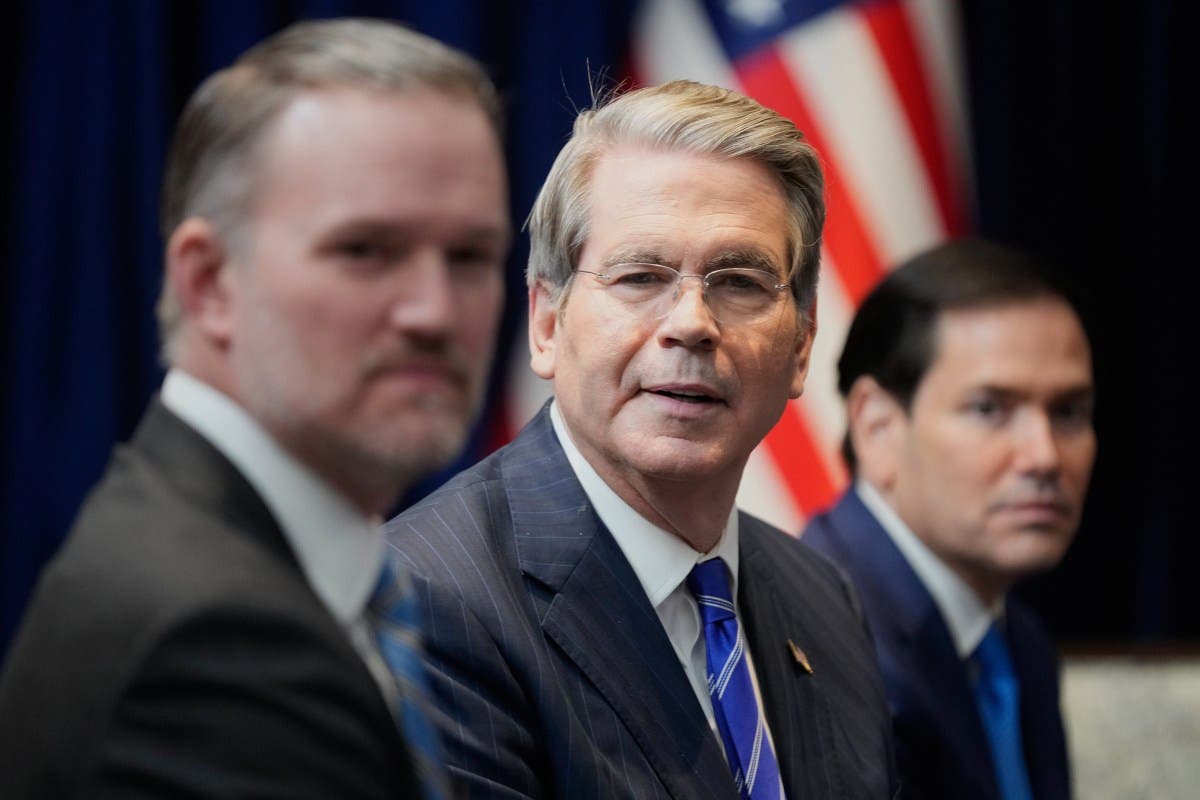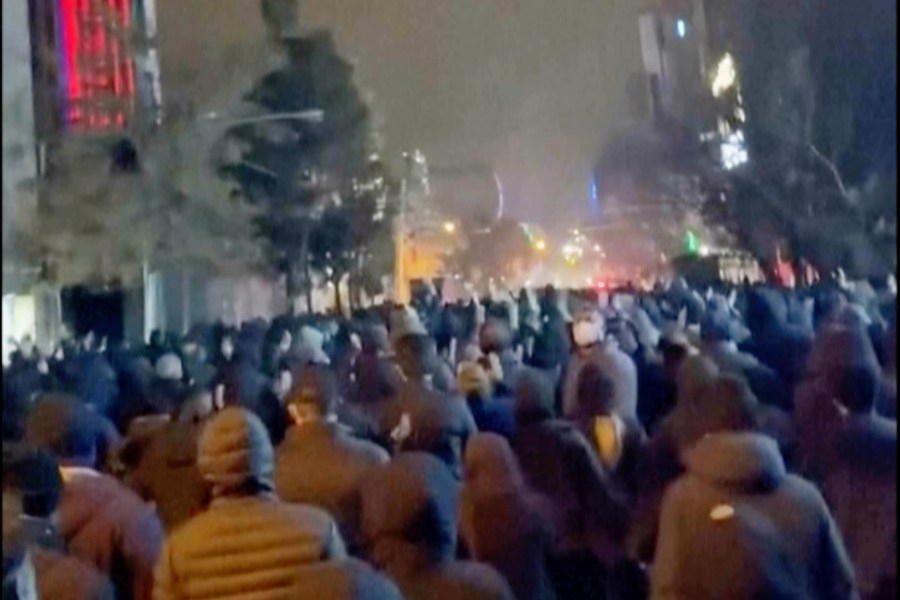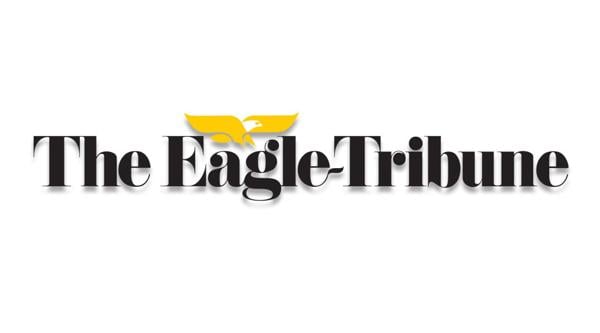Treasury Secretary Scott Bessent announced on CBS News’ Face the Nation that a deal regarding the popular social media app TikTok has been finalized between the United States and China. An official announcement is anticipated during a meeting between U.S. President Donald Trump and Chinese President Xi Jinping on Thursday in South Korea. This development marks a significant milestone after months of negotiations centered on national security concerns related to TikTok’s operations in the U.S.
The announcement follows a tumultuous period of discussions about TikTok’s ownership, its algorithm, and operational parameters in the United States. Last month, the U.S. administration indicated that China was agreeable to the proposed deal, although no final agreement had been reached at that time. The discussions have stemmed from long-standing national security issues, as the previous U.S. administration sought to ban the app due to concerns regarding its Chinese ownership. In a shift, President Joe Biden set a deadline of January 2025 for a conclusive agreement, threatening to shut down the app if no resolution was reached.
Bessent confirmed on the program, “We reached a final deal on TikTok. We reached one in Madrid, and I believe that as of today, all the details are ironed out.” He indicated that the transaction would be formally concluded in the presence of both leaders, who are expected to discuss other pressing issues during their meeting.
Details about the agreement remain limited. In an executive order titled “Saving TikTok While Protecting National Security,” signed by Trump in late September, a preliminary framework was established, but specifics regarding ownership and asset structure have not been fully disclosed. Bessent clarified that his role concentrated on securing Chinese approval for the deal, rather than the commercial aspects of the transaction.
Under the current terms, TikTok’s operations in the U.S. will be transferred to a newly formed joint venture owned by a consortium of American investors, including Oracle and Silver Lake Partners. The investment group is projected to hold an approximately 80 percent stake, while ByteDance, TikTok’s parent company, is expected to retain a 20 percent share. Critically, board control will be vested in U.S. investors, with ByteDance allowed only limited representation, explicitly excluded from security-related discussions.
The algorithm that drives TikTok’s content delivery has been at the heart of security debates, with China previously asserting that it must remain under Chinese jurisdiction due to legal requirements. However, a bipartisan U.S. regulation mandated that any divestiture of TikTok must sever ties with ByteDance.
Negotiations have unfolded against a backdrop of escalating trade tensions, particularly concerning tariffs, which have been a focal point of Trump’s economic policy. Bessent remarked on the positive outcome of recent discussions, stating, “I can tell you we had a very good two days. So, I would expect that the threat of the 100 percent has gone away.” The reference to “100 percent” relates to Trump’s earlier threats of imposing a complete tariff on Chinese goods.
The U.S. has previously faced retaliatory tariffs from China in response to its own trade measures, including restrictions on exports of rare earth minerals. Trump’s administration has consistently used tariffs as a strategy to address what it views as unfair trade practices, while also aiming to combat the import of fentanyl and bolster domestic manufacturing.
Public sentiment regarding TikTok is significant, as approximately 43 percent of U.S. adults under 30 report that they regularly obtain news through the platform, a higher percentage than other social media outlets, including YouTube and Facebook, according to a Pew Research Center report published on September 25, 2023.
As the two leaders prepare for their meeting, Trump has expressed interest in discussing several key topics, including a potential meeting with North Korean leader Kim Jong Un during his Asia tour, which will include a stop in Japan.
The finalization of the TikTok agreement signals a critical step in U.S.-China relations, especially in the realm of technology and data security, and sets a precedent for how digital platforms will navigate international ownership and regulatory requirements in the future.







